Dall, Caroline
March 12, 2004
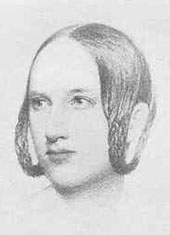
Caroline Wells Healey Dall (June 22, 1822-December 17, 1912), author, journalist, lecturer and champion of women’s rights, was a Unitarian community service worker, minister’s wife and lay preacher. She left valuable memoirs of her elders in the Transcendentalist movement and was heir to the mantle of Margaret Fuller as spokesperson for woman’s access to education and employment.
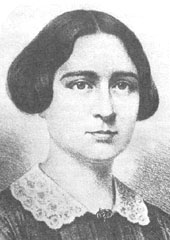
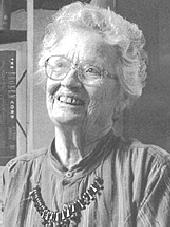
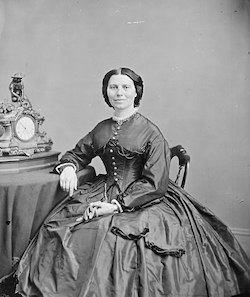
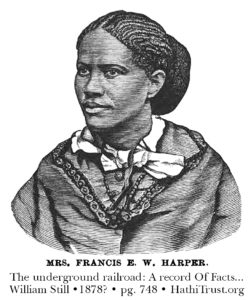
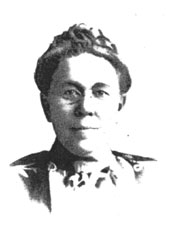
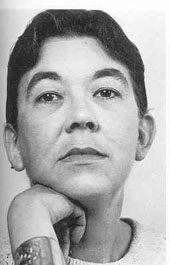 Margaret Laurence (July 18, 1926-January 5, 1987), a much-loved Canadian author, was one of the great novelists of the twentieth century. Her stories feature strong women and their struggles for self-understanding and acceptance. She was known for her outspoken support of peace, women’s rights, and other progressive causes.…
Margaret Laurence (July 18, 1926-January 5, 1987), a much-loved Canadian author, was one of the great novelists of the twentieth century. Her stories feature strong women and their struggles for self-understanding and acceptance. She was known for her outspoken support of peace, women’s rights, and other progressive causes.…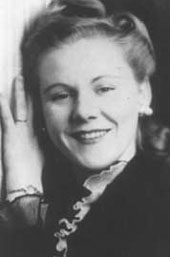 Viola Fauver Gregg Liuzzo (April 11, 1925-March 25, 1965), a Unitarian Universalist committed to work for education and economic justice, gave her life for the cause of civil rights. The 39-year-old mother of five was murdered by white supremacists after her participation in the protest march from Selma to Montgomery, Alabama.…
Viola Fauver Gregg Liuzzo (April 11, 1925-March 25, 1965), a Unitarian Universalist committed to work for education and economic justice, gave her life for the cause of civil rights. The 39-year-old mother of five was murdered by white supremacists after her participation in the protest march from Selma to Montgomery, Alabama.…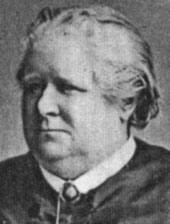
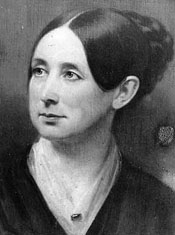
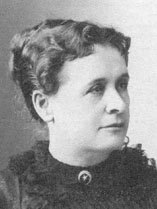
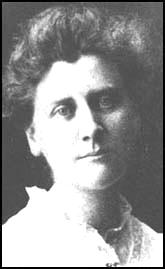 Mary White Ovington (April 11, 1865-July 15, 1951), a descendent of New England abolitionists, devoted her adult life to combating racial discrimination and to enfranchising, improving material conditions and providing equal opportunities for African-Americans. A founder of the National Association for the Advancement of Colored People (NAACP), she worked tirelessly for the organization for decades, promoting, fund-raising, serving in leadership and mediatorial roles through its stormy organizational period, and helping to set its agenda.…
Mary White Ovington (April 11, 1865-July 15, 1951), a descendent of New England abolitionists, devoted her adult life to combating racial discrimination and to enfranchising, improving material conditions and providing equal opportunities for African-Americans. A founder of the National Association for the Advancement of Colored People (NAACP), she worked tirelessly for the organization for decades, promoting, fund-raising, serving in leadership and mediatorial roles through its stormy organizational period, and helping to set its agenda.…